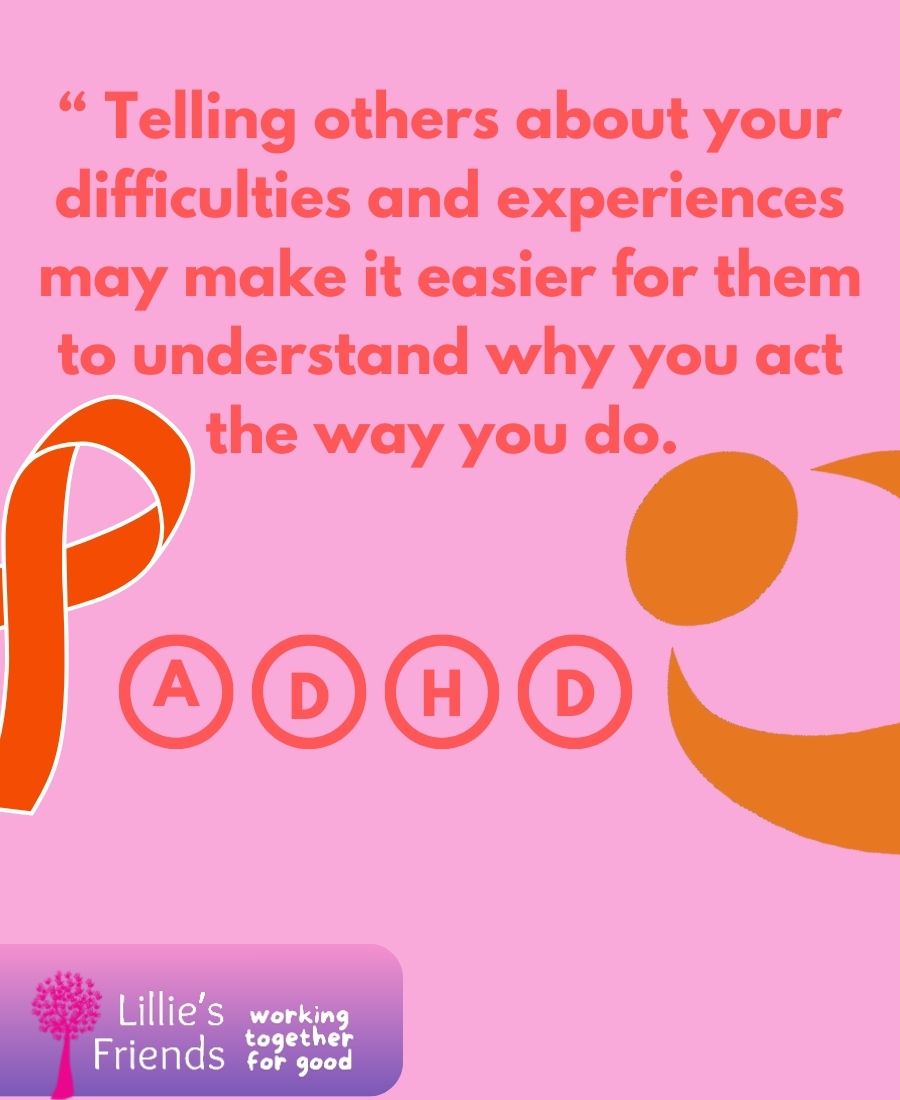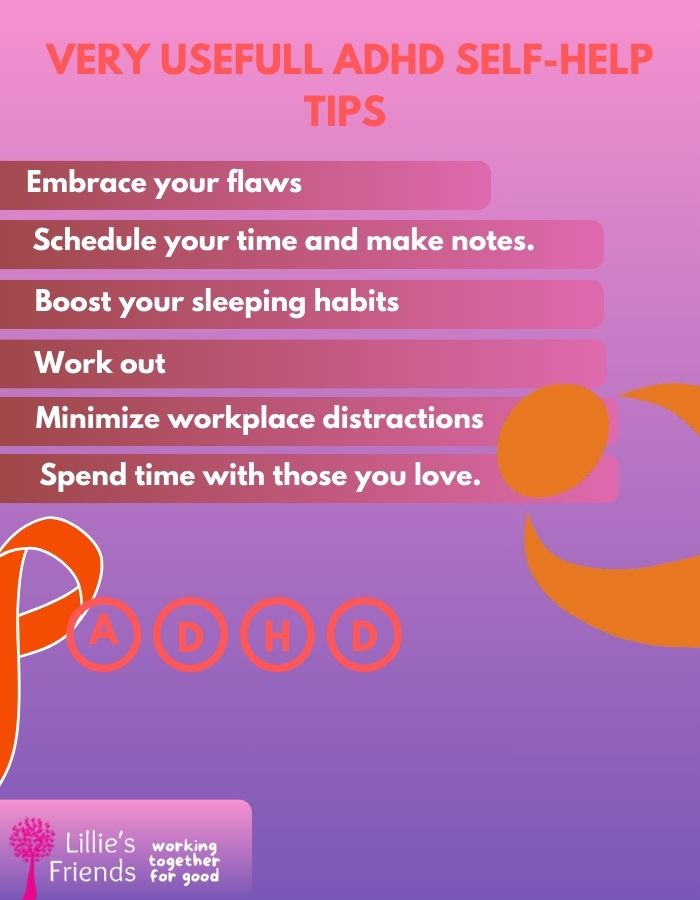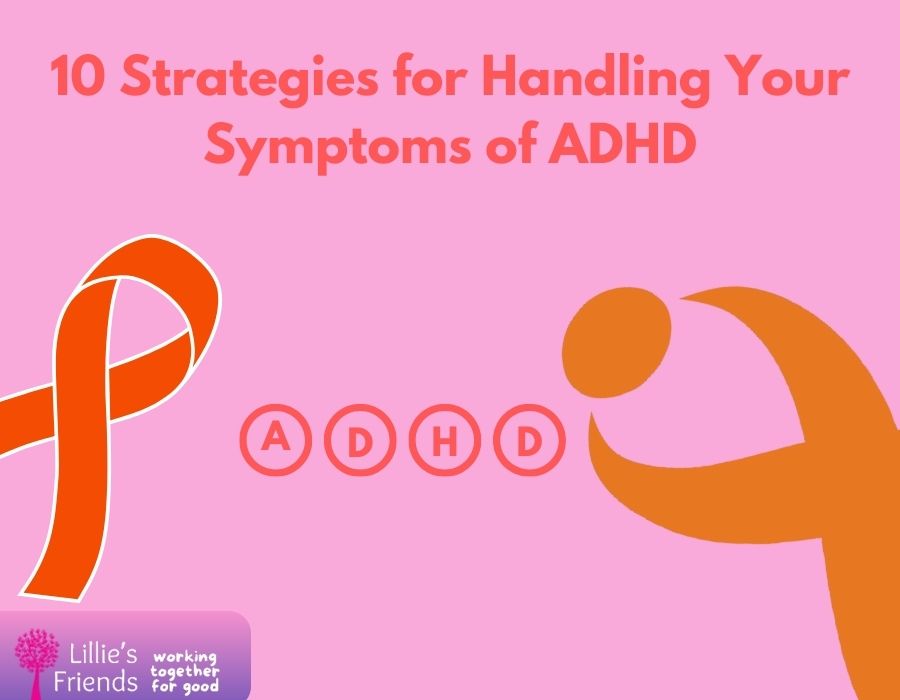Adult ADHD (attention deficit hyperactivity disorder) can have a big impact on day-to-day living. It’s possible that you struggle with establishing connections, focusing, keeping still, and finishing things. In addition, you might feel uneasy, depressed, lonely, and anxious ↗. Thankfully, there are methods you may use on a daily basis to control the signs and consequences of ADHD.
The most popular form of treatment for ADHD symptoms is taking medication. Although it greatly aids in symptom reduction, it is not a miraculous treatment and is not the only method to feel better. It can be used in conjunction with several ADHD self-help methods and psychotherapy for increased effectiveness.
You can discover some advice to aid with ADHD symptoms and improve your quality of life in the article below.

How to Implement New Daily Routines to Manage ADHD
When used consistently, a number of abilities and self-help methods for ADHD have been shown to be effective ↗. These can help you manage your symptoms more effectively. The advice we go over below can help you form habits that will improve your ability to stay organized, work more efficiently, and interact with people more skillfully. Also, you can learn to recognize and capitalize on your skills.
However, change won’t occur overnight. The key to the success of these strategies is to have a positive mindset and prioritize tenacity and perseverance.
1. Recognize your flaws
This is the first ADHD tip since it will assist you in lessening the fear and hopelessness that your symptoms are causing. It may be challenging to uphold neurotypical norms and habits when dealing with the condition. But not all of these criteria are required, even though society usually penalizes individuals who violate them.
It’s possible that you’ll put in more effort but still fall short of these fabricated expectations, which can cause you to get frustrated and hate yourself. Thus, allow yourself extra time to form new routines and cultivate self-compassion as you go. It’s also important to remember that you can maintain some of your routines if they don’t endanger you or other people.
2. Maintain a routine to improve your organizing abilities.
Schedules and activities are often challenging for adults with ADHD to plan. Make handwritten or digital lists of your tasks and have them close to hand to help you plan and prioritize them more effectively. Don’t forget to update your schedule every day. Additionally, it can be easier to complete each activity and less overwhelming to divide tasks down into smaller, more manageable subtasks. To form a habit, you must first be persistent and do it regularly. But then it’ll become as natural as cleaning your teeth.
3. To overcome your forgetfulness, use visual cues.
According to research ↗, working memory and short-term memory deficiencies are possible in individuals with ADHD. If something is out of their direct line of sight, a person with this disease may not remember it. You can benefit from visual cues. To maintain your schedule visible, you could, for instance, write down the items you need to remember every day on a whiteboard. In addition, you may highlight due dates and significant days on the calendar and set reminders for all of your appointments and meetings. The last piece of advice is to assign things you often use, like keys, to a designated and practical location. Choose a permanent location for them after noticing where you place them more frequently.
4. Develop better sleeping habits
A study ↗ found that people with ADHD typically have trouble getting a good night’s sleep, which leaves them exhausted during the day and makes managing their symptoms more challenging. To aid in putting yourself into sleep state, think about establishing a bedtime routine. You can also improve the quality of your sleep by adopting relaxation techniques to de-stress before bed and by keeping your sleeping environment at a comfortable temperature.
5. Make time for the people you care about.
Your ADHD may cause problems in your relationships. Postponing an eagerly anticipated meeting or neglecting to give a friend or relative a call could cause tension in your relationships and lead to feelings of isolation. Allocate a certain time slot every day for socialization. Your mood and general well-being can be raised by short text messages, phone calls, or in-person meetups.
6. Arrange your workspace to cut down on interruptions
An office that is quiet or even private can assist an individual with ADHD cause less disruptions at work. Adults with ADHD may find it difficult to focus and are more readily distracted by office activities and background noise. They have two options: they can employ noise-canceling headphones or move to a quieter office space.
Conversely, hyperactive symptoms like tapping, humming, and fidgeting may be displayed ↗ by individuals with ADHD, which may irritate coworkers and hinder their productivity. In this situation, get up and move around on a frequent basis.
7. Determine how stimulated you should be.
Despite the fact that ADHD has a specific set of symptoms, every individual is unique and has different needs. To focus on work, for instance, some people want background noise, while others require quiet. Trial and error will help you discover what works for you. Next, set up your workstation to accommodate their requirements. Be flexible and adjust your system as needed, keeping in mind that your demands might change.

8. Practice keeping your focus longer.
It could be hard for you to stay focused, particularly if you’re not really interested in the task at hand. To increase your focus and pay attention span, heed the following advice:
- While paying attention, take notes, then utilize them as a reference to help you stay on course.
- If someone gives you instructions verbally, make sure you understand them by saying them out loud.
- Set and meet deadlines for yourself. Setting deadlines helps you stay on task and may also help you manage your time better.
9. Control your impulsiveness
Controlling impulsive behavior can be difficult. Every time you are going to make a snap decision or sign up for something on the spur of the moment, give yourself the necessary cooling-off period. Try to hold off on starting for at least a day. Your desire endures if you truly “need” it. Additionally, work on identifying your impulsive conduct by describing the situation, your feelings prior to acting, and what you should do to stop yourself the next time.
10. Work out
Regular exercise can help reduce the anxiety and restlessness that lead to impulsive behavior. Try to do something you enjoy for 20 minutes every day. For noticeable benefits, simply a stroll every day will do. Regular meditation also improves your ability to reason before taking action. You can start out each day with two to three minutes and gradually increase to ten to twenty.
Last Remarks
Numerous symptoms of ADHD can interfere with day-to-day functioning. To feel and perform better, make use of the above ADHD advice as well as any other useful techniques you discover. Additionally, talking to others about your difficulties and experiences could make it easier for them to understand why you act the way you do and encourage you to start new routines. Lastly, if you struggle to stay on course, think about getting assistance from a mental health professional to create solutions that are tailored to your requirements.











